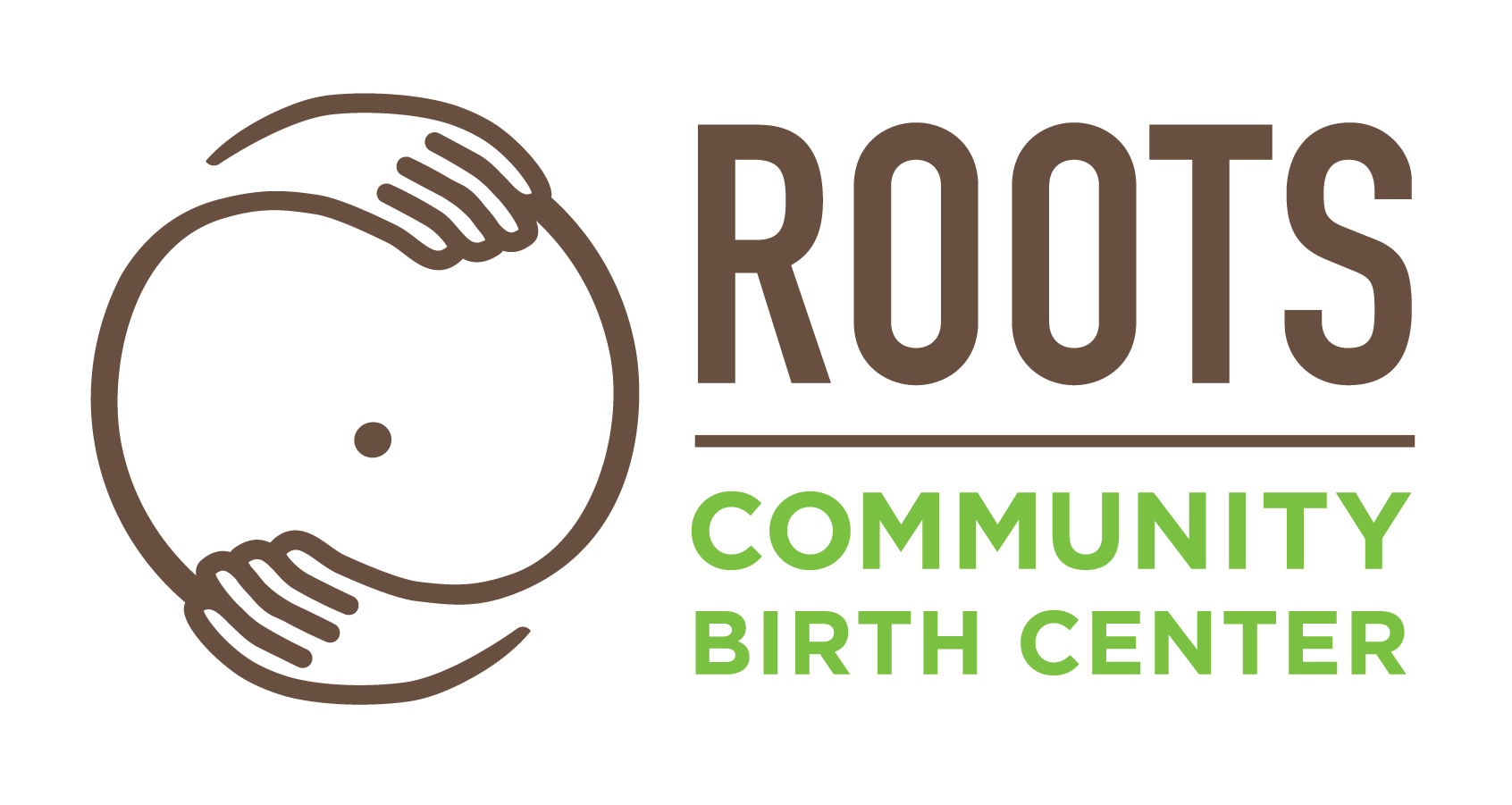Culturally Competent Care in Minneapolis: Why It’s Important for Reproductive Health
At Roots Community Birth Center, we serve a diverse and multicultural population. Approximately 65 percent of our clients are Black, and 75 percent of our families have at least one partner who is a person of color. We are also committed to providing affirming care to the LGBTQ community in Minneapolis.
One of the ways we provide high-quality care to our clients is through cultural competence, a way of practicing that acknowledges the importance of culture and adapts to meet the needs of the community. This type of care is central to our philosophy at Roots. We believe culturally competent care helps us respond to inequities, making health care more accessible and improving clients’ satisfaction with their care experiences.
But that’s just the beginning. How does cultural competence impact our clients’ lives? Keep reading to explore this important topic.
What is Culturally Competent Care?
Cultural competence refers to providing high-quality care to people with diverse lived experiences, beliefs, attitudes, and behaviors. It means reducing disparities and meeting the needs of folks from various racial and ethnic backgrounds, individuals with disabilities, people from diverse socioeconomic backgrounds, and members of the LGBTQIA+ community.
At Roots, we practice culturally competent care every day — at wellness visits, during prenatal appointments, while attending births, and throughout the postpartum period. What does that look like? It’s personalized care that takes into account culture, language, and health literacy. We get to know you, so we can understand how your cultural experiences impact the following:
When you seek care
Your expectations of healthcare
How you participate in making decisions about your care
Your preferences for screenings, tests, and procedures
Why is Culturally Competent Care Important During Pregnancy and Birth?
The United States has some of the worst reproductive health outcomes of any developed country in the world. However, Black pregnant people are three to four times more likely to die from pregnancy- or birth-related complications than white folks. In addition, Black babies are twice as likely as white infants to die during the first year of life. These disparities are consistent for all people of color, meaning socioeconomic status and education level do not improve outcomes.
As a Black-owned birth center, Roots is addressing the reasons for this health crisis, including systemic racism, stress, low-quality care, and underlying health issues. Our hour-long prenatal appointments allow us to get to really know you as a whole person with various emotions, opinions, beliefs, and lived experiences. We view pregnancy and birth as normal, healthy life events, and we offer lactation support to Black families.
Our entire staff — from the people who greet you at the front desk to those who provide care — is committed to anti-oppression work. Roots is dedicated to equity in all care situations, and we require staff members to attend social justice training. In addition, we have a diverse team, many of whom identify as Black or LGBTQIA+. This means that Roots not only offers culturally competent care, but we are also able to provide culturally congruent care. For example, Black midwives are caring for Black parents, and Black doulas are supporting Black families.
Research supports the effectiveness of this model, and there are benefits when the person caring for you looks like you, speaks your language, and has similar lived experiences. When your providers share cultural similarities with you, there is more productive communication and a greater sense of understanding. We are also often able to anticipate your needs more effectively.
What are the Benefits of Culturally Competent Care?
When it comes to reproductive health care for Black pregnant folks, culturally competent care can be the difference between life and death. Many people of color have endured trauma because care providers did not listen to their concerns or take them seriously. There are several reasons to seek culturally competent care. We’re going to focus on the following three benefits.
Better Health Outcomes
At Roots, our statistics suggest that our model of culturally competent care works. Some of our most recent percentages include:
These numbers are either in line with or better than acceptable national standards for birthing facilities. In addition, our 2020 breastfeeding rate at six months postpartum was 99 percent. The most recent national percentage is 58.3, so we’re proud to provide culturally competent lactation support, so a high number of our clients can continue nursing their babies if they choose.
Understanding and Trust
Many providers are recognizing the role that systemic racism has played in healthcare for people of color and are working to change and improve these outcomes. Still, there is much work to be done. A large part of practicing culturally competent care means understanding that culture is not pathology.
At Roots, we take this a step further by creating a team that truly understands the clients’ culture. Our clients experience this understanding by having care providers who look like them, talk like them, and have similar lived experiences as them. Fostering this environment means our clients develop trust in us as their care team — something that’s often rare for people of color and members of the LGBTQIA+ community because they’ve been harmed in many healthcare situations.
Encouragement, Not Judgment
The journey through pregnancy, birth, postpartum, and lactation is a vulnerable time — one when we, as human beings, need to feel supported and loved. It’s a unique chance to have choices and make confident healthcare decisions that leave you feeling empowered.
At Roots, we encourage you, not judge you. We strive to help you not be afraid, and we tell you that you can have the birth you plan. We’re excited for you and your partner as you prepare to meet your baby and grow your family.
Are you interested in learning more about the culturally competent care that Roots offers? Set up a free consultation by calling us at 612-338-2784, scheduling a tour, or filling out our form!

